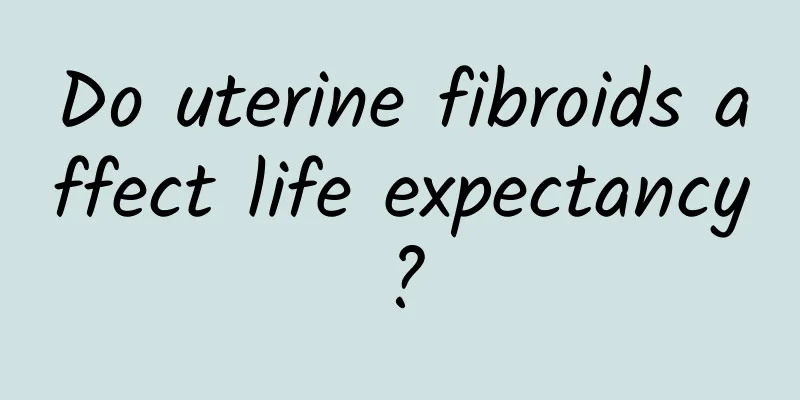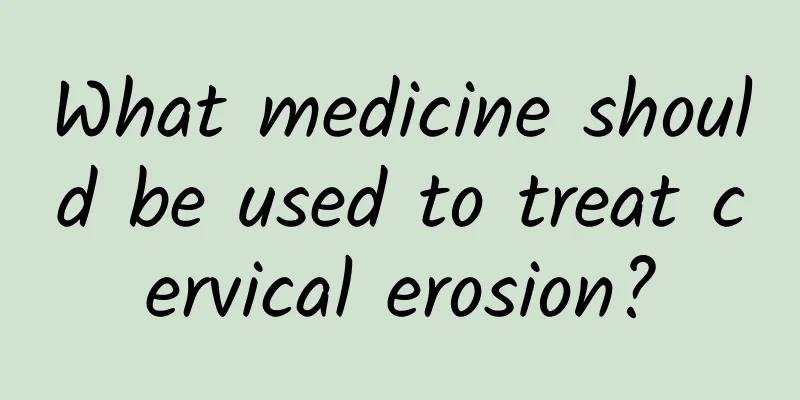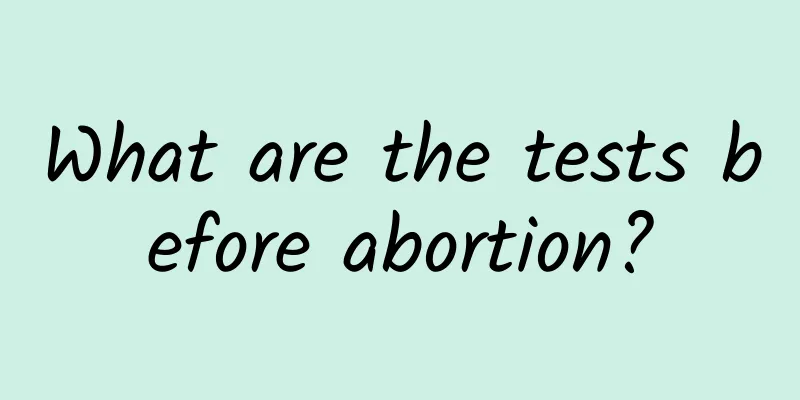Do uterine fibroids affect life expectancy?

|
Does uterine fibroids affect life expectancy? Uterine fibroids are the most common benign tumors in gynecology and have a great impact on patients. If not treated in time, the disease will progress and the harm will be immeasurable. So does uterine fibroids affect life expectancy? Let's take a look. The first thing I want to tell you is that uterine fibroids have no effect on the patient's life span. As long as you actively treat it, do not delay the best treatment time, take good care after surgery, follow the doctor's advice, and prevent the disease from recurring, you can get rid of the trouble of the disease. Although uterine fibroids will not affect life span, the harm is still very great. Long-term menorrhagia in patients with anemia and uterine fibroids can easily lead to secondary anemia and even anemic heart disease, with severe symptoms such as general fatigue, pale complexion, shortness of breath, palpitations, etc. During torsion, subserosal uterine fibroids can twist at the pedicle, causing acute abdominal pain. If the tumor pedicle is severely twisted, if surgery is not performed immediately or it cannot be turned back on its own, free fibroids may be formed due to the twisting of the tumor pedicle. The twisted fibroids will also drive the entire uterus, causing torsion of the uterine axis. Infertility, complications such as miscarriage and premature birth after pregnancy, the impact of uterine fibroids during pregnancy can cause stomach pain and contractions, and premature birth needs to be identified. Concurrent gynecological inflammation, patients with uterine fibroids will experience symptoms of menstrual changes, such as increased menstrual volume, prolonged menstruation, etc. Irregular bleeding can lead to bacterial invasion, resulting in gynecological inflammation such as adnexitis and pelvic inflammation. The incidence of uterine fibroids combined with uterine body cancer is 2%, which is much higher than that of uterine fibroids combined with cervical cancer. If menopausal patients have persistent uterine bleeding, they should be alert to the presence of endometrial cancer. It can be seen that the harm of the disease is inevitable, so once it is discovered, it must be treated in time. |
<<: What are the hazards of ovarian cysts in fertility?
>>: Is ovulation bleeding before or after ovulation?
Recommend
Let's take a look at the methods for diagnosing cervical hypertrophy
Women need to pay attention to the disease of cer...
Prevent high blood lipids and lose weight healthily! 3 Easy Lentil Recipes
When dining in Korea, there are usually side dish...
Briefly describe the symptoms of acute pelvic inflammatory disease
Acute pelvic inflammatory disease refers to an ac...
What are the causes of ectopic pregnancy?
If ectopic pregnancy is not treated in time, acut...
Women should pay attention to how to prevent cervical hypertrophy
Cervical hypertrophy is a common female disease i...
Get rid of the "epidemic prevention fat"! Nutritionist certification, 14 natural slimming foods in 6 categories to let you know
The "anti-epidemic fat" gained from sta...
Submucosal fibroids are a common symptom of multiple uterine fibroids.
Gynecological experts say that there are many cla...
Expert introduction: Comparison of symptoms before and after vulvar leukoplakia
Regarding the main symptoms of vulvar leukoplakia...
What diseases can be complicated by uterine effusion?
Women will face many gynecological problems in th...
What do you know about the treatment of ovarian cysts?
What are the treatments for ovarian cysts? What t...
Treatment of wind-cold arthralgia syndrome after abortion
Artificial abortion, also known as induced aborti...
What causes pelvic inflammatory disease?
Everyone knows that pelvic inflammatory disease i...
Why do women suddenly experience amenorrhea?
Women’s menstruation can be said to be a troubles...
Does irregular menstruation at 43 mean menopause?
If you have irregular menstruation at the age of ...
How does ovarian cyst affect fertility and how to treat it
What impact do ovarian cysts have on fertility? H...









